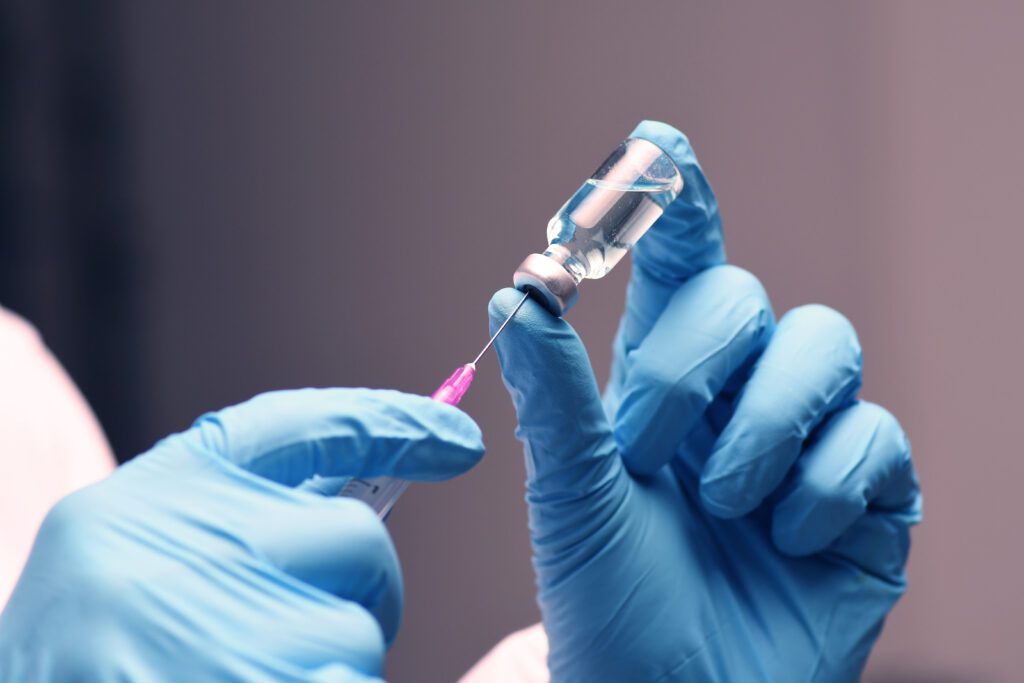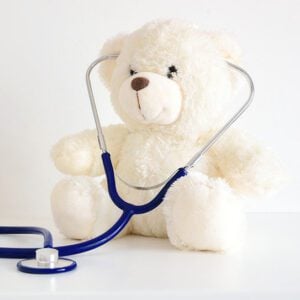
Vaccines Near Me in Streamwood & Palatine
Welcome to EPIC Urgent & Family Care! In this blog post, we will unravel the science behind vaccines, shedding light on how they stimulate the immune system to protect against various diseases.
As a trusted urgent care facility serving the communities of Palatine and Streamwood, we understand the significance of vaccines in preventing illness and maintaining the health of our community. Let’s explore the fundamentals of vaccination, its mechanisms, and why it’s crucial for you, especially if you’re searching for “vaccines near me.”
The Immune System: Our First Line of Defense
Before delving into how vaccines work, it’s essential to understand the immune system’s role in safeguarding our bodies. Your immune system comprises an intricate network of cells, tissues, and organs that work together to defend you against harmful invaders like bacteria, viruses, and other pathogens. It’s like your body’s security team, and it’s highly effective.
The immune system distinguishes between ‘self’ and ‘non-self.’ ‘Self’ represents your body’s cells, while ‘non-self’ refers to foreign entities that may pose a threat. When a non-self-invader is detected, your immune system works diligently to eliminate the threat and protect your health.
What Are Vaccines?
Vaccines are a powerful tool in disease prevention. They are biological preparations containing weakened or inactivated forms of pathogens or pieces of these microorganisms, such as proteins or sugars. These are also called antigens and can’t cause the disease they represent.
Training the Immune System
When you receive a vaccine, your body encounters these harmless antigens. This encounter is like a training session for your immune system. Your immune cells recognize these antigens as foreign invaders, even though they’re not harmful.
Primary Components of Vaccines
Vaccines typically contain three primary components:
- Antigen: This is the harmless part of the pathogen that triggers the immune response.
- Adjuvant: An adjuvant is a substance often added to enhance the body’s immune response to the antigen. It helps the vaccine work better.
- Preservatives and Stabilizers: These components ensure the vaccine remains safe and effective throughout its shelf life.
The Immune Response
Once your immune system detects these antigens, it activates various immune cells and mechanisms. The most critical are white blood cells known as lymphocytes, which are of two main types: B and T cells.
- B Cells: These cells produce antibodies, which are proteins that can identify and neutralize the antigens from the vaccine. After exposure to the vaccine, B cells “remember” how to produce these antibodies, providing long-lasting protection.
- T Cells: T cells play a critical role in the immune response. They help B cells produce antibodies and also directly attack infected cells. The ‘memory’ T cells created after vaccination stand ready to respond if you are exposed to the actual disease in the future.
Immune Memory and Protection
After vaccination, your body retains a ‘memory’ of the antigens in the vaccine. This memory allows your immune system to recognize and respond quickly and effectively if you encounter an actual pathogen in the future. This is the key to the protective power of vaccines. They prepare your body to fight off diseases before they can take hold and make you sick.
Herd Immunity: Protecting the Community
Vaccination provides individual protection and contributes to a concept known as “herd immunity” or “community immunity.” When a significant portion of the community is vaccinated, the spread of disease is limited. This helps protect those who cannot be vaccinated, such as individuals with certain medical conditions or weakened immune systems. By getting vaccinated, you’re not just protecting yourself; you’re safeguarding your community.
Types of Vaccines
Vaccines come in various forms, and the type depends on the specific pathogen and the desired immune response. The three main types of vaccines are:
- Inactivated or Killed Vaccines: These vaccines contain pathogens that have been inactivated, meaning they can’t cause disease. The polio vaccine and the hepatitis A vaccine are a few examples.
- Live Attenuated Vaccines: These vaccines contain live pathogens that have been weakened, so they don’t cause illness in healthy individuals. The measles, mumps, and rubella (MMR) vaccine is an example.
- Subunit, Recombinant, or Conjugate Vaccines: These vaccines contain pieces of the pathogen, such as proteins or sugars.
- For example, the hepatitis B vaccine and the human papillomavirus (HPV) vaccine.
Effectiveness of Vaccines
Vaccines have a proven track record of safety and effectiveness. They have been instrumental in reducing the prevalence of various diseases, from smallpox to polio. In the case of COVID-19, vaccines have played a pivotal role in controlling the pandemic.
It’s important to note that vaccines may not provide 100% protection for every individual. However, they significantly reduce the risk of severe illness and complications. The combination of individual immunity and herd immunity makes it possible to control and even eliminate many dangerous diseases.
EPIC Urgent & Family Care | Vaccines Near Me in Streamwood and Palatine
By getting vaccinated, you protect yourself and contribute to your community’s health and well-being. At EPIC Urgent & Family Care, we are committed to providing you with the information and healthcare services you need, including vaccinations.
If you’re in Palatine or Streamwood and searching for “vaccines near me,” don’t hesitate to contact us. Our experienced team is here to ensure your health and safety, and we are always available to answer your questions and provide the care you deserve. Vaccines save lives and are a critical part of maintaining a healthy and thriving community.



